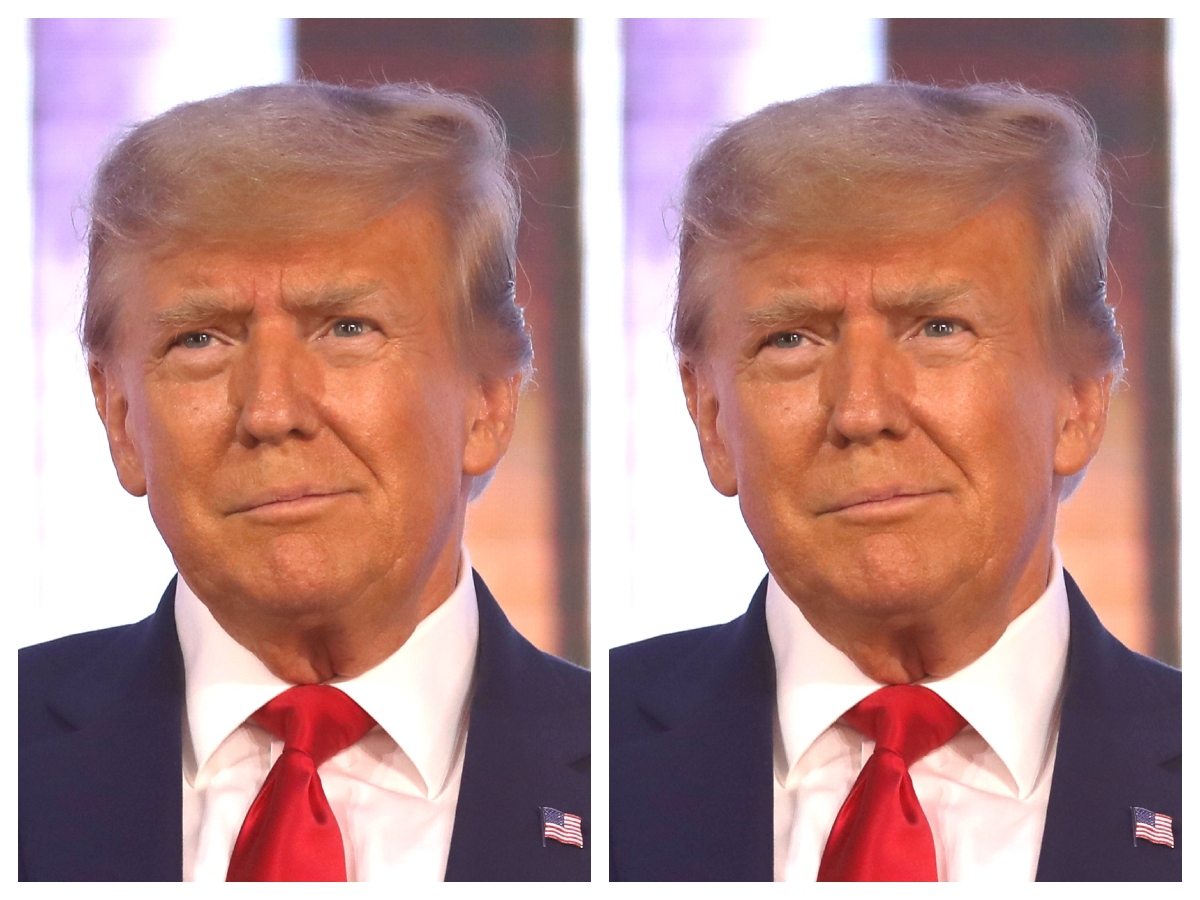A federal appeals court in San Francisco has struck another blow to President Donald Trump’s effort to revoke birthright citizenship, ruling Wednesday that his executive order seeking to deny automatic citizenship to certain U.S.-born children is unconstitutional.
The 2-1 decision from a panel of the 9th U.S. Circuit Court of Appeals upheld an earlier ruling by U.S. District Judge John C. Coughenour in Seattle, who was the first to block the executive order. The appeals court ruling ensures that the nationwide injunction blocking the policy remains in effect, AP reported.
“The district court correctly concluded that the Executive Order’s proposed interpretation, denying citizenship to many persons born in the United States, is unconstitutional. We fully agree,” wrote the majority.
Trump’s directive aimed to deny citizenship to children born in the United States if their parents were in the country illegally or only temporarily. Though the order had already been halted by a federal judge in New Hampshire, this is the first time an appellate court has ruled on the issue, signaling that a Supreme Court showdown could soon follow.
Watch a recent episode of The BreakDown podcast below and subscribe to our channel PanaGenius TV for latest episodes.
Judge Michael Hawkins and Judge Ronald Gould, both appointed by President Bill Clinton, supported the universal injunction issued by the district court, siding with a coalition of states that challenged Trump’s order. The states, including Washington, Arizona, Illinois, and Oregon, argued that without a nationwide block, the legal status of children born under similar circumstances would vary from state to state, creating administrative chaos.
“We conclude that the district court did not abuse its discretion in issuing a universal injunction in order to give the States complete relief,” the judges stated.
However, Judge Patrick Bumatay, a Trump appointee, dissented. He argued that the states lacked legal standing to sue in the first place and criticized the use of broad, nationwide orders. “We should approach any request for universal relief with good faith skepticism, mindful that the invocation of ‘complete relief’ isn’t a backdoor to universal injunctions,” he wrote.
Bumatay did not address whether Trump’s proposed end to birthright citizenship was constitutional.
At the heart of the legal debate is the Citizenship Clause of the 14th Amendment, which declares that “all persons born or naturalized in the United States, and subject to the jurisdiction thereof, are citizens.” The Justice Department contends that the clause’s jurisdictional phrase limits automatic citizenship and excludes children of unauthorized or temporary immigrants.
The states argue that this interpretation ignores both the plain text of the Constitution and the precedent set by the 1898 Supreme Court decision in United States v. Wong Kim Ark, which held that a child born in San Francisco to Chinese nationals was a U.S. citizen by birthright.
Trump’s order specified that a child born on U.S. soil should not be considered a citizen if the mother lacks legal status or is present on a temporary visa, and if the father is neither a U.S. citizen nor a lawful permanent resident. At least nine lawsuits across the country have been filed to challenge the directive.
Neither the White House nor the Justice Department issued an immediate comment following the 9th Circuit’s ruling.
Although the Supreme Court has recently curtailed the use of nationwide injunctions, the appeals court determined that this case fell within one of the remaining exceptions, allowing the injunction to remain in effect while legal battles continue.










